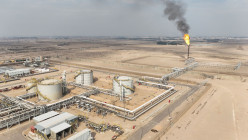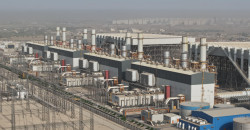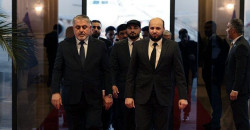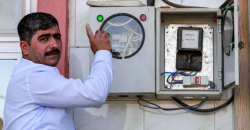Lawmaker reveals a multi-billion five-year plan to achieve power self-sufficiency in Iraq
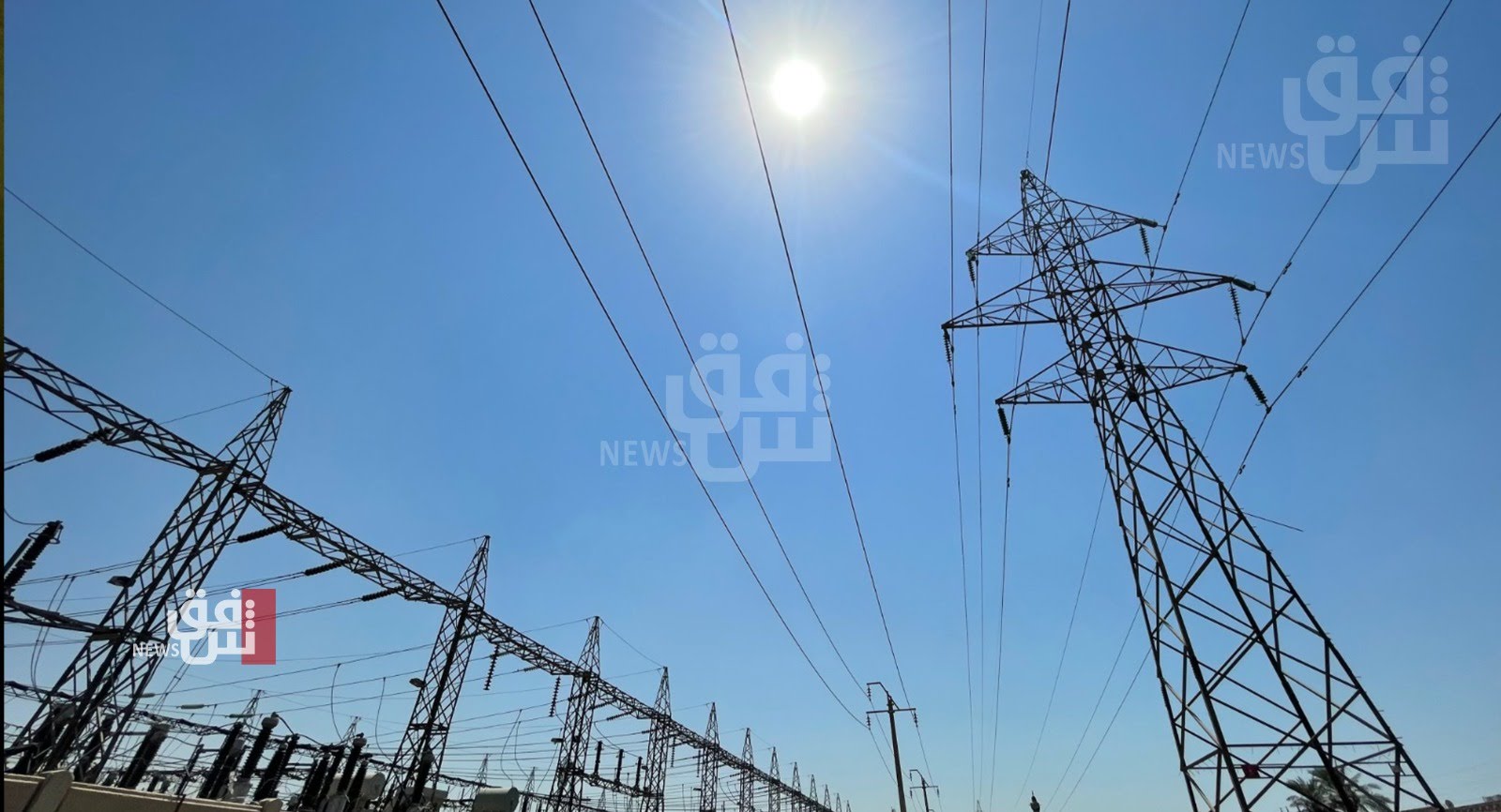
Shafaq News/ A member of the energy committee in the Iraqi parliament, Dakhel Radi, uncovered a multi-billion-dollar plan that can help Iraq achieve power self-sufficiency in five years.
"The strategic plan devised by the electricity ministry begins in 2023 and ends in 2028," Lawmaker Radi told Shafaq News Agency.
"It aims to boost production, transportation, and distribution. Eight power plants will be built to add 30,000 megawatts to the national grid," he continued, "those plants will be operated by gas, solar cells, and other clean energy sources."
"If properly executed, this plan can help Iraq achieve power self-sufficiency in five years at a cost of 18 billion dollars," he concluded.
Despite billions of dollars spent on infrastructure since the 2003 US-led invasion that toppled Saddam Hussein, many Iraqi cities and town still experienced severe power cuts and rolling blackouts.
The chronic power crisis has fuelled protests, mainly during the summer when temperatures exceed 50°C.
Iraq has spent at least $60bn on the electricity sector since 2003, former Prime Minister Mustafa al-Kadhimi said in late 2020. Aside from money lost to corruption, much has been misallocated.
Despite being OPEC's second-biggest producer, Iraq depends on Iran for approximately one third of its electricity needs.
Baghdad has been under pressure from Washington to wean itself off Iranian energy imports, which have been subject to US sanctions since 2018.
Since then, Washington has repeatedly extended a waiver to Baghdad for periods of between 45 to 120 days.
Iraq has taken some steps to develop its natural gas resources and electricity sector in recent years.
It has signed multibillion-dollar agreements with multinational energy services companies such as the US's GE and Germany's Siemens to improve its power infrastructure — damaged by decades of war, sanctions and corruption — and to start clean energy projects.
It also signed a deal with France's Total to develop oil fields, produce gas, build large energy infrastructure and generate solar energy. A handful of contracts were also signed with other companies to develop solar energy projects.
Jordan has excess electricity production but has struggled to find export markets despite talks over the past year with Egypt, Iraq and Lebanon.
In January, the kingdom signed a deal, supported by the US, to export 250 megawatts to Lebanon through regime-held areas of Syria. The electricity was supposed to flowing by April, but there have been none because Lebanon did not secure World Bank funds to pay for the electricity.
